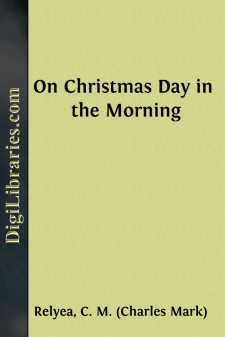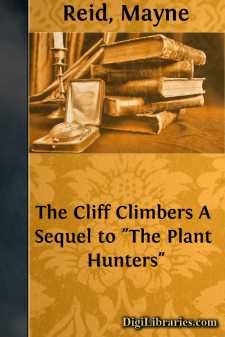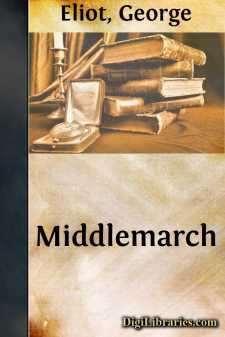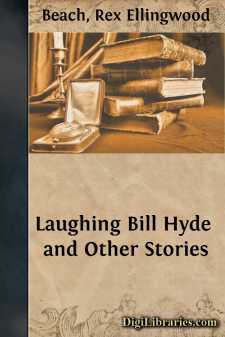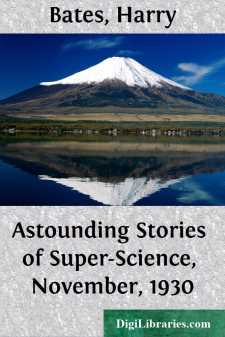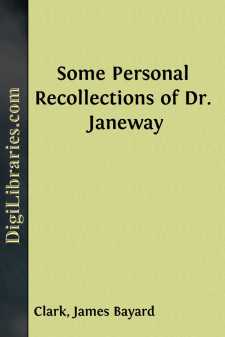Categories
- Antiques & Collectibles 13
- Architecture 36
- Art 48
- Bibles 22
- Biography & Autobiography 813
- Body, Mind & Spirit 142
- Business & Economics 28
- Children's Books 17
- Children's Fiction 14
- Computers 4
- Cooking 94
- Crafts & Hobbies 4
- Drama 346
- Education 46
- Family & Relationships 57
- Fiction 11829
- Games 19
- Gardening 17
- Health & Fitness 34
- History 1377
- House & Home 1
- Humor 147
- Juvenile Fiction 1873
- Juvenile Nonfiction 202
- Language Arts & Disciplines 88
- Law 16
- Literary Collections 686
- Literary Criticism 179
- Mathematics 13
- Medical 41
- Music 40
- Nature 179
- Non-Classifiable 1768
- Performing Arts 7
- Periodicals 1453
- Philosophy 64
- Photography 2
- Poetry 896
- Political Science 203
- Psychology 42
- Reference 154
- Religion 513
- Science 126
- Self-Help 84
- Social Science 81
- Sports & Recreation 34
- Study Aids 3
- Technology & Engineering 59
- Transportation 23
- Travel 463
- True Crime 29
Sort by:
On Christmas Day in the Morning And all the angels in heaven do sing,On Christmas Day, on Christmas Day;And all the bells on earth do ring,On Christmas Day in the morning. —Old Song. That Christmas Day virtually began a whole year beforehand, with a red-hot letter written by Guy Fernald to his younger sister, Nan, who had been married to Samuel Burnett just two and one-half years. The letter was read...
more...
by:
Various
The country residence of Mr. John Hinckman was a delightful place to me, for many reasons. It was the abode of a genial, though somewhat impulsive, hospitality. It had broad, smooth-shaven lawns and towering oaks and elms; there were bosky shades at several points, and not far from the house there was a little rill spanned by a rustic bridge with the bark on; there were fruits and flowers, pleasant...
more...
by:
Mayne Reid
The Himalayas. Who has not heard of the Himalayas—those Titanic masses of mountains that interpose themselves between the hot plains of India and the cold table-lands of Thibet—a worthy barrier between the two greatest empires in the world, the Mogul and the Celestial? The veriest tyro in geography can tell you that they are the tallest mountains on the surface of the earth; that their summits—a...
more...
by:
George Eliot
CHAPTER I. "Since I can do no good because a woman,Reach constantly at something that is near it.—The Maid's Tragedy: BEAUMONT AND FLETCHER. Miss Brooke had that kind of beauty which seems to be thrown into relief by poor dress. Her hand and wrist were so finely formed that she could wear sleeves not less bare of style than those in which the Blessed Virgin appeared to Italian painters; and...
more...
To Melville Best Anderson That is poetry in which truth is expressed in the fewest possible words, in words which are inevitable, in words which could not be changed without weakening the meaning or throwing discord into the melody. To choose the right word and to discard all others, this is the chief factor in good writing. To learn good poetry by heart is to acquire help toward doing this,...
more...
Mr. William Hyde was discharged from Deer Lodge Penitentiary a changed man. That was quite in line with the accepted theory of criminal jurisprudence, the warden's discipline, and the chaplain's prayers. Yes, Mr. Hyde was changed, and the change had bitten deep; his humorous contempt for the law had turned to abiding hatred; his sunburned cheeks were pallid, his lungs were weak, and he...
more...
by:
Harriet Myrtle
The Adventure of a Kite. ne evening, when Mary, her mamma, and Willie had all taken their seats near the window, and the story was about to begin, Mary reminded her mamma of a merry adventure that she had mentioned as having happened when she and her brother and Master White went out to fly their "new Kite." "Do, mamma, tell us about that," said Mary. Her mamma said she would, and after...
more...
by:
Harry Bates
his news," said Cliff Hynes, pointing to the newspaper, "means the end of homo Americanus."Out of the Antarctic it came—a wall of viscid, grey, half-human jelly, absorbing and destroying all life that it encountered.The newspaper in question was the hour-sheet of the International Broadcast Association, just delivered by pneumatic tube at the laboratory. It was stamped 1961, Month 13, Day...
more...
by:
Valentine Chirol
CHAPTER I THE CLASH OF TWO CIVILISATIONS On February 9, 1921, three hundred and twenty-one years after Queen Elizabeth granted to her trusty "Merchant-venturers" of London the charter out of which the East India Company and the British Empire of India were to grow up, His Royal Highness the Duke of Connaught inaugurated at Delhi, in the King-Emperor's name, the new representative...
more...
What it is that has kept urging me to write down these recollections of Edward Gamaliel Janeway, the physician, would indeed be rather hard to define, but the desire to record a little something of what I had personally come to know of this unusual man made itself felt very shortly after his death, now over five years ago. Since that time this feeling—steadily growing—seems irresistibly to have...
more...


